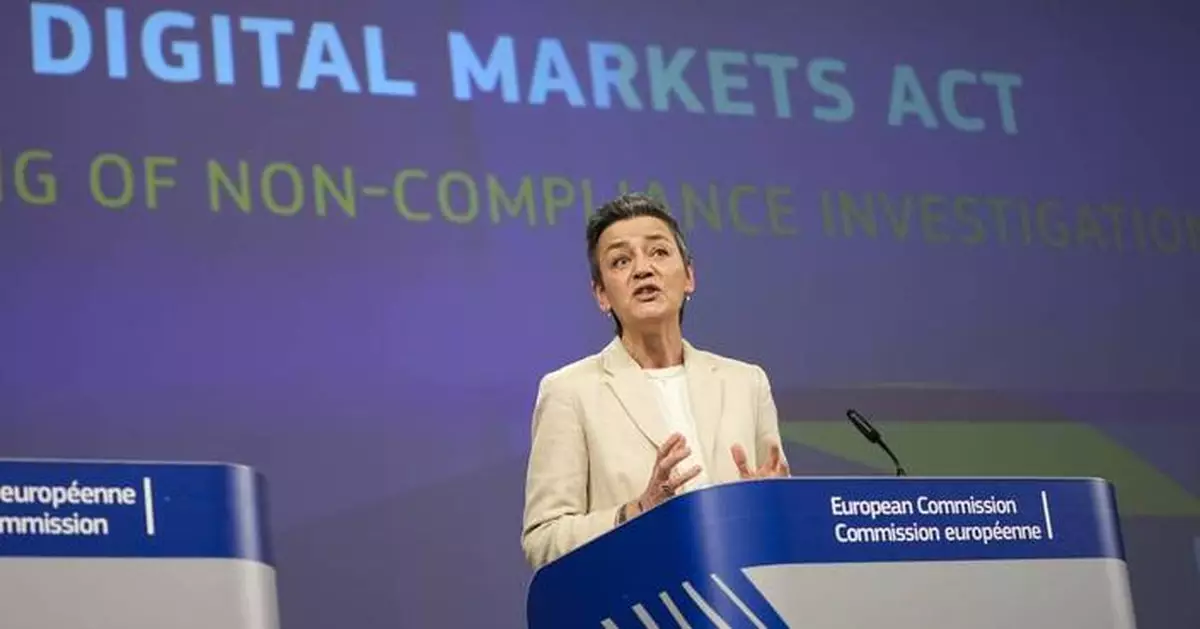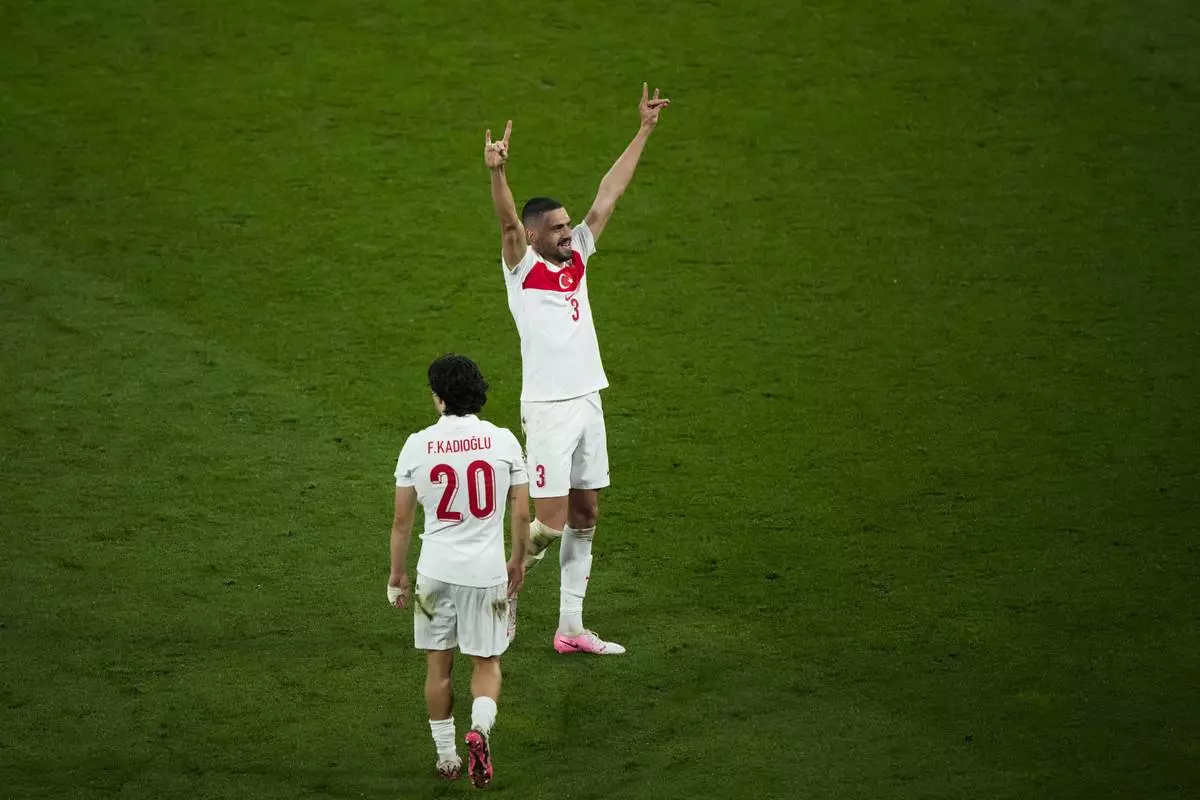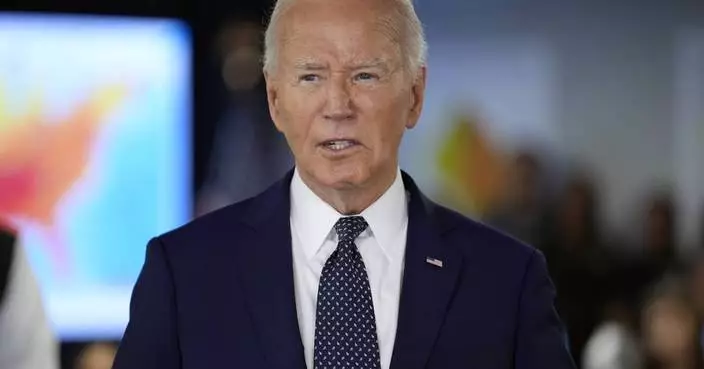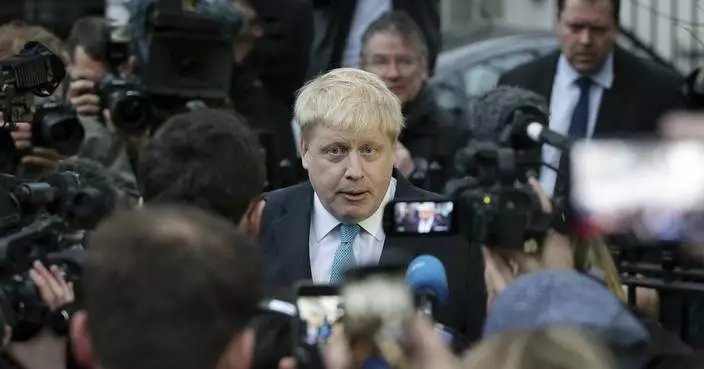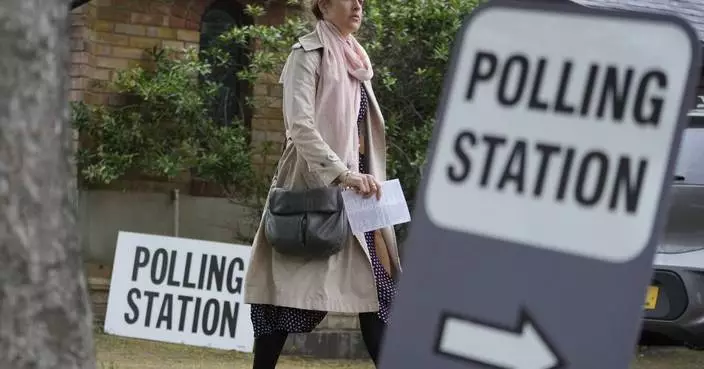LONDON (AP) — European Union regulators accused social media company Meta Platforms on Monday of breaching the bloc's new digital competition rulebook by forcing Facebook and Instagram users to choose between seeing ads or paying to avoid them.
Meta began giving European users the option in November of paying for ad-free versions of Facebook and Instagram as a way to comply with the continent’s strict data privacy rules.
Users can pay at least 10 euros ($10.75) a month to avoid being targeted by ads based on their personal data. The U.S. tech giant rolled out the option after the European Union’s top court ruled Meta must first get consent before showing ads to users, in a decision that threatened its business model of tailoring ads based on individual users' online interests and digital activity.
The European Commission, the EU's executive arm, said preliminary findings of its investigation show that Meta's “pay or consent” advertising model was in breach of the 27-nation bloc’s Digital Markets Act.
Meta's model doesn't allow users to exercise their right to “freely consent” to allowing their personal data from its various services, including Facebook, Instagram, Marketplace, WhatsApp, and Messenger, to be combined to target them with personalized online ads, the commission said.
Meta's model also doesn't give users the option of a service that's less personalized but still equivalent to its social networks, it said.
“Subscription for no ads follows the direction of the highest court in Europe and complies with the DMA,” Meta said in a statement. “We look forward to further constructive dialogue with the European Commission to bring this investigation to a close.”
The commission had opened its investigation shortly after the rulebook, also known as the DMA, took effect in March. It's a sweeping set of regulations aimed at preventing tech “gatekeepers” from cornering digital markets under threat of heavy financial penalties.
One of the DMA's goals is to rein in the power of Big Tech companies that have collected vast amounts of personal data on their users, giving them an edge on rivals competing in online ad or social media services. The commission indicated that in order for Meta to comply, it would like to see an option that doesn’t rely on a user’s full personal information being shared for advertising.
“The DMA is there to give back to the users the power to decide how their data is used and ensure innovative companies can compete on equal footing with tech giants on data access,” European Commissioner Thierry Breton, who oversees the bloc's digital policy, said in a statement.
Meta now has a chance to respond to the commission, which must wrap up its investigation by March 2025. The company could face fines worth 10% of its annual global revenues, which could run into the billions of euros.
Under the Digital Markets Act, Meta is classed as one of seven online gatekeepers while Facebook, Instagram, WhatsApp, Messenger and its online ad business are among two dozen “core platform services” that need the highest level of scrutiny.
Monday's decision is the latest in flurry of regulatory activity by Brussels targeting Big Tech companies. The EU leveled its first charges under the DMA a week ago, accusing Apple of of preventing app makers from pointing users to cheaper options outside its App Store. It also recently charged Microsoft with violating the bloc's antitrust laws by by bundling its Teams messaging and videoconferencing app with its widely used Office business software.
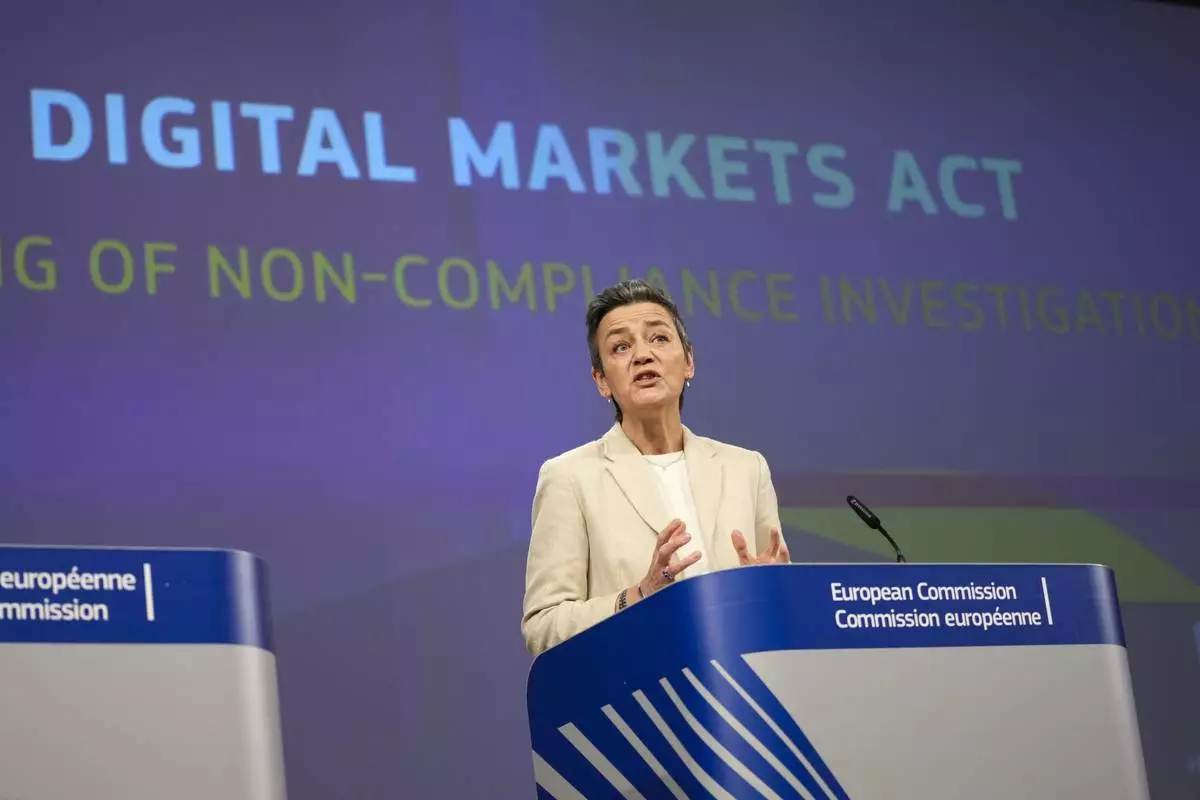
FILE - European Commissioner for Europe fit for the Digital Age, Margrethe Vestager speaks during a media conference regarding the Digital Markets Act at EU headquarters in Brussels, on March 25, 2024. European Union regulators accused social media company Meta Platforms on Monday, July 1, 2024 of breaching the bloc's new digital competition rulebook by forcing Facebook and Instagram users to choose between seeing ads or paying to avoid them. (AP Photo/Virginia Mayo)


